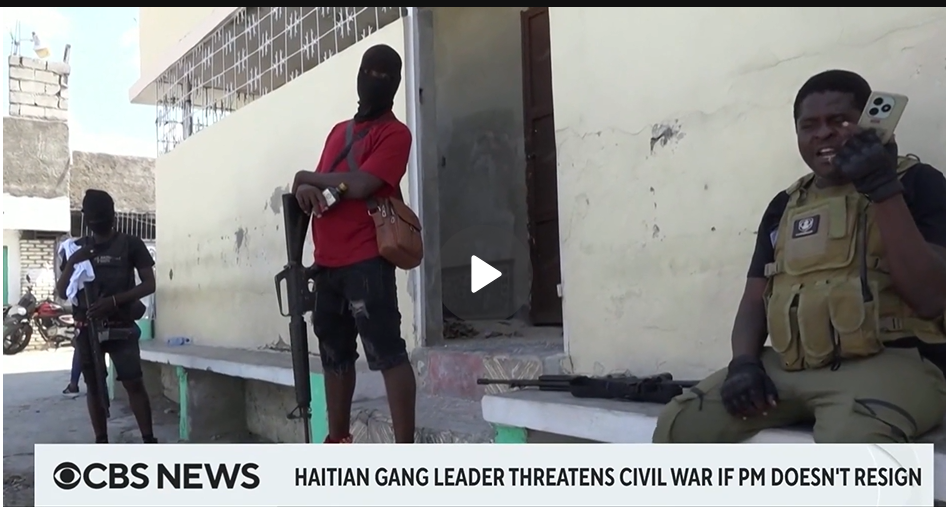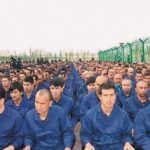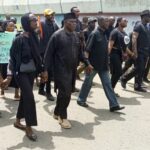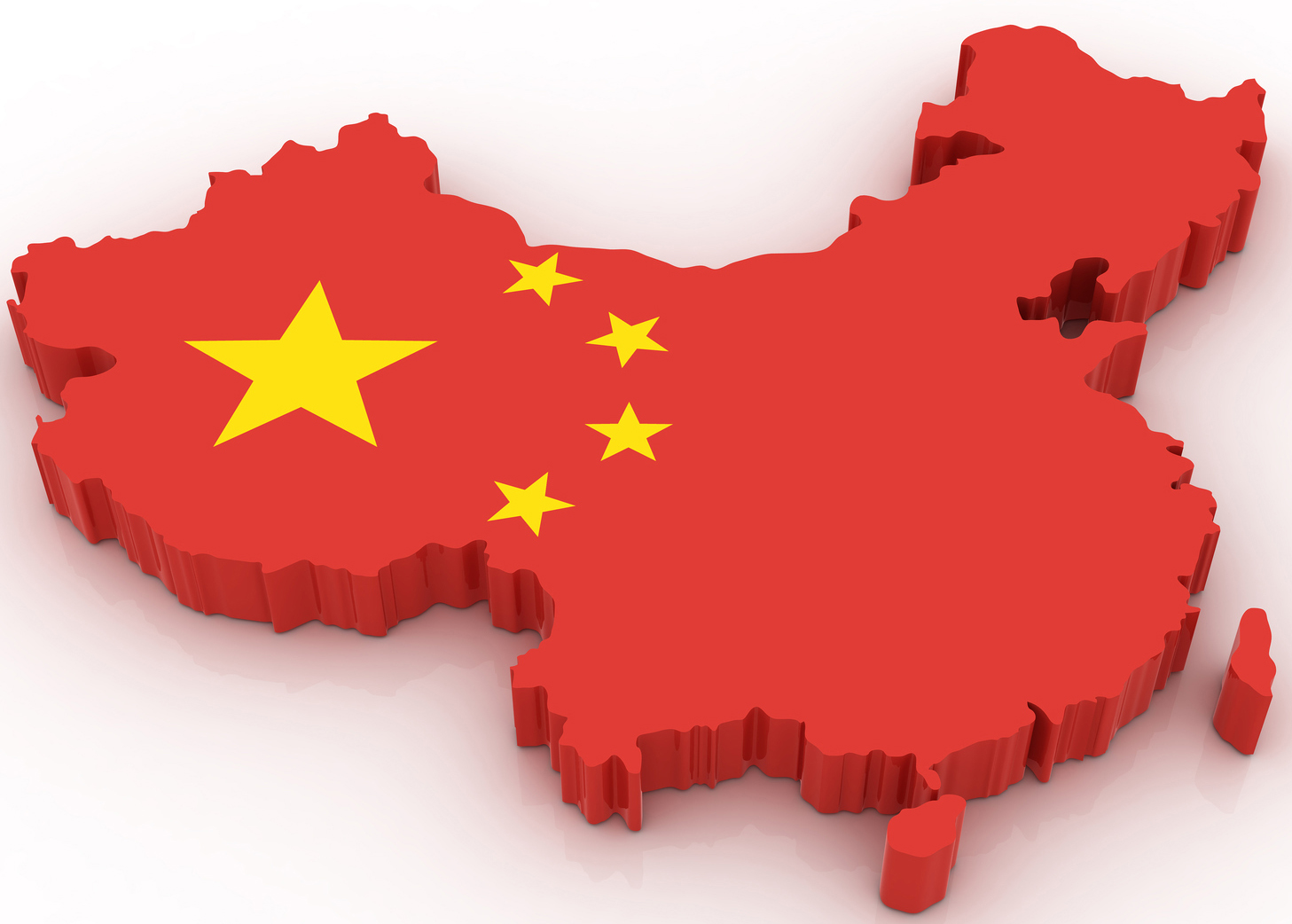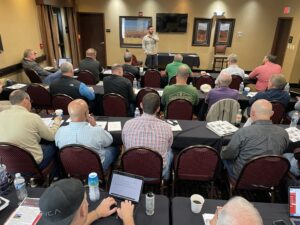
PORT AU PRINCE, Haiti (BP) – As escalating gang violence and political instability threaten civil war in Haiti, Southern Baptist Haitian leaders who collaborate closely with ministers there are forced to postpone outreaches.
“Haiti’s functioning now like a closed country. And because of that, every aspect of it, including missions, ministry, evangelism, everything is stopped,” Florida Baptist Haitian Fellowship President Jackson Voltaire said. “Unless, if you’re on the countryside, you’re not fully depending upon Port au Prince.
“We know several pastors who traveled there and, like everyone else, got stuck in the country,” he said, but did not release names for security concerns. “Things will get worse by the day. There’s not one single component of the country that’s not being affected. I’m pretty sure most of our churches they cannot even meet, at least for those that are in the metropolitan area. No one can gather, except for protestors to go into the streets.”
About a quarter of Haiti’s estimated 11.5 million people live in the Port au Prince metropolitan area, according to 2023 CIA World Fact Book numbers.
Keny Felix, senior pastor of Bethel Evangelical Baptist Church in Miami and president of the Southern Baptist Convention National Haitian Fellowship, said the country is essentially cut in two because so much of the commerce is centralized in Port au Prince.
“For churches who engaged in a lot of ministry in the southern portion of the country, it’s been virtually impossible to travel and to send personnel there in the southern part of Haiti because they have to go through Port au Prince,” he said, “which is the center of where we see all the corruption and the heightened violence. Not only of late, but this has been since the (2021) death of President Jovenel (Moïse). It’s taken new levels.”
The 355 Haitian Southern Baptist churches in Florida work hand in hand with about 1,000 churches that comprise the Fellowship of Haitian Churches in Haiti, Jackson said. A trip to Haiti pastors planned for March 1 was postponed.
Violence escalated Feb. 29 when gangs attacked Port au Prince, storming police stations and killing at least four officers, the Associated Press reported. Police have declared a state of emergency and enacted curfews in unsuccessful attempts to curb the violence.
Gangs have freed at least 4,000 prisoners, many of them gang members. Gang leader Jimmy “Barbecue” Cherizier has taken credit for the violence, threatening civil war and genocide unless President Ariel Henry, now in Puerto Rico, resigns, AP reported.
Banks, schools and airports were closed, but some flights have resumed.
The Gospel will continue in Haiti from a biblical standpoint, Felix and Voltaire said, but they also encouraged Southern Baptists to pray for Haiti.
“The Haitian churches are a vital part of the Southern Baptist Convention. We are now part of the fiber of the convention,” Felix said. “This is where together we can continue to work together as a diverse convention to really reach the world for Christ.”
Noting the complexity of immigration policy, he encouraged Southern Baptists to help Haitian migrants seeking refuge here.
“When we hear of people fleeing Haiti, and aiming to arrive here in the U.S., what they’re looking for is security. What they’re looking for is a place where their kids can go to school without fear of being kidnapped or shot,” Felix said. “When we speak of the Haitian crisis, and when we speak of the immigration crisis, it’s very important for us to speak from a humanitarian lens and remember that we are dealing with individuals, not just numbers, not just statistics, but people who want, like every other Southern Baptist, a life that is affected by peace and the opportunity to live.”
Both leaders encouraged the U.S. to recognize Haiti’s right to self-govern, and to establish policies that include input from the people themselves, including the Haitian diaspora.
“Going through that change brings a level of uncertainty. At the same time, we have to wait to see if that change can actually lead to a step in the right direction,” Felix said. “If the U.S. works more with the civil society, works more with the faith leaders in helping and allowing, definitely, the Haitian people to lead themselves to have that self-governance, that is a key to being able to move forward.”
Jackson finds hope in God’s promise in 2 Chronicles 7:14.
“There is hope because there are God’s people in Haiti as well,” he said. “There will be hope because there is a good group of people in Haiti calling upon God to deliver this country, not even counting (prayers of) diaspora.”
